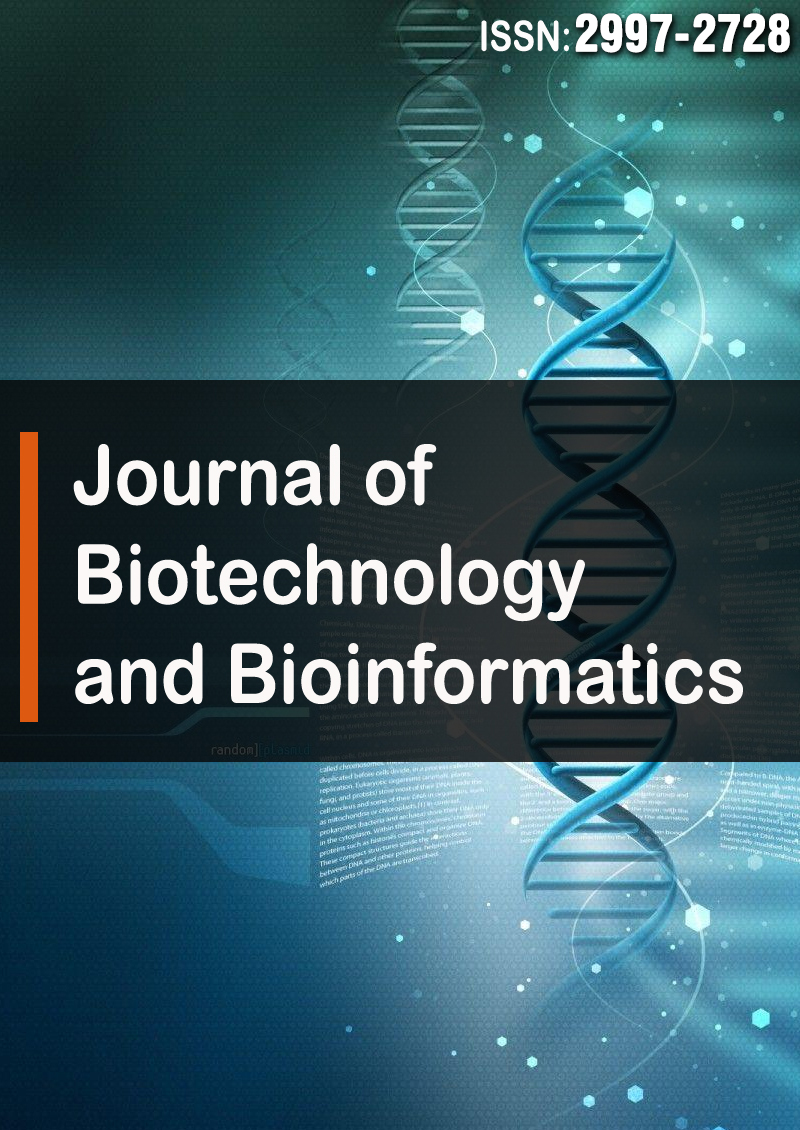Redefining ADHD in the Light of Predictive Coding and Active Inference: A Neuro Developmental Perspective
Abstract
Richard Murdoch Mongomery
Attention-Deficit/Hyperactivity Disorder (ADHD) is traditionally conceptualized within a framework emphasizing deficits in attention regulation and executive function. However, emerging evidence from the fields of predictive coding and active inference offers a novel lens through which to understand ADHD not merely as a disorder of attention but as a distinctive mode of neurodevelopmental variation. This article synthesizes current research and theoretical models to propose a redefined understanding of ADHD. By integrating insights from Ryan Smith, Paul B. Badcock, and Karl J. Friston (2020), we explore the premise that individuals with ADHD exhibit unique differences in how their brains generate and update predictions about the environment, leading to the characteristic behavioral patterns observed in ADHD. We argue that ADHD involves a divergence in the brain's predictive models and its ability to minimize prediction error, impacting sensory processing, attention allocation, and motor control. This perspective illuminates the adaptive aspects of ADHD, suggesting that what are often labeled as deficits could also reflect an adaptive fit to certain environmental contexts, underscoring the role of neurodiversity in human evolution. Furthermore, we discuss the implications of this reconceptualization for clinical practice, including diagnosis, treatment, and support for individuals with ADHD, emphasizing approaches that align with their unique neurocognitive profiles. This article calls for a shift in the narrative surrounding ADHD, advocating for a model that appreciates the complexity and adaptiveness of neurodevelopmental diversity.



